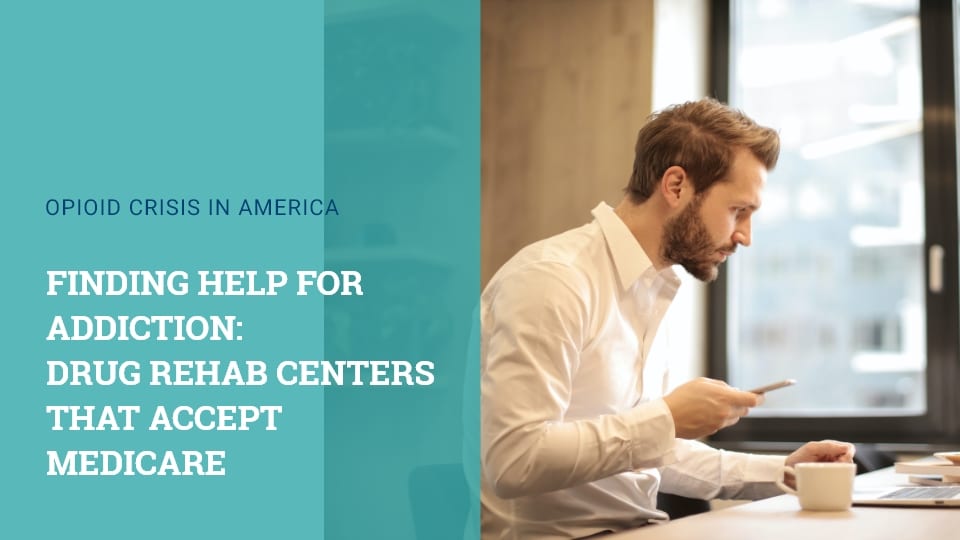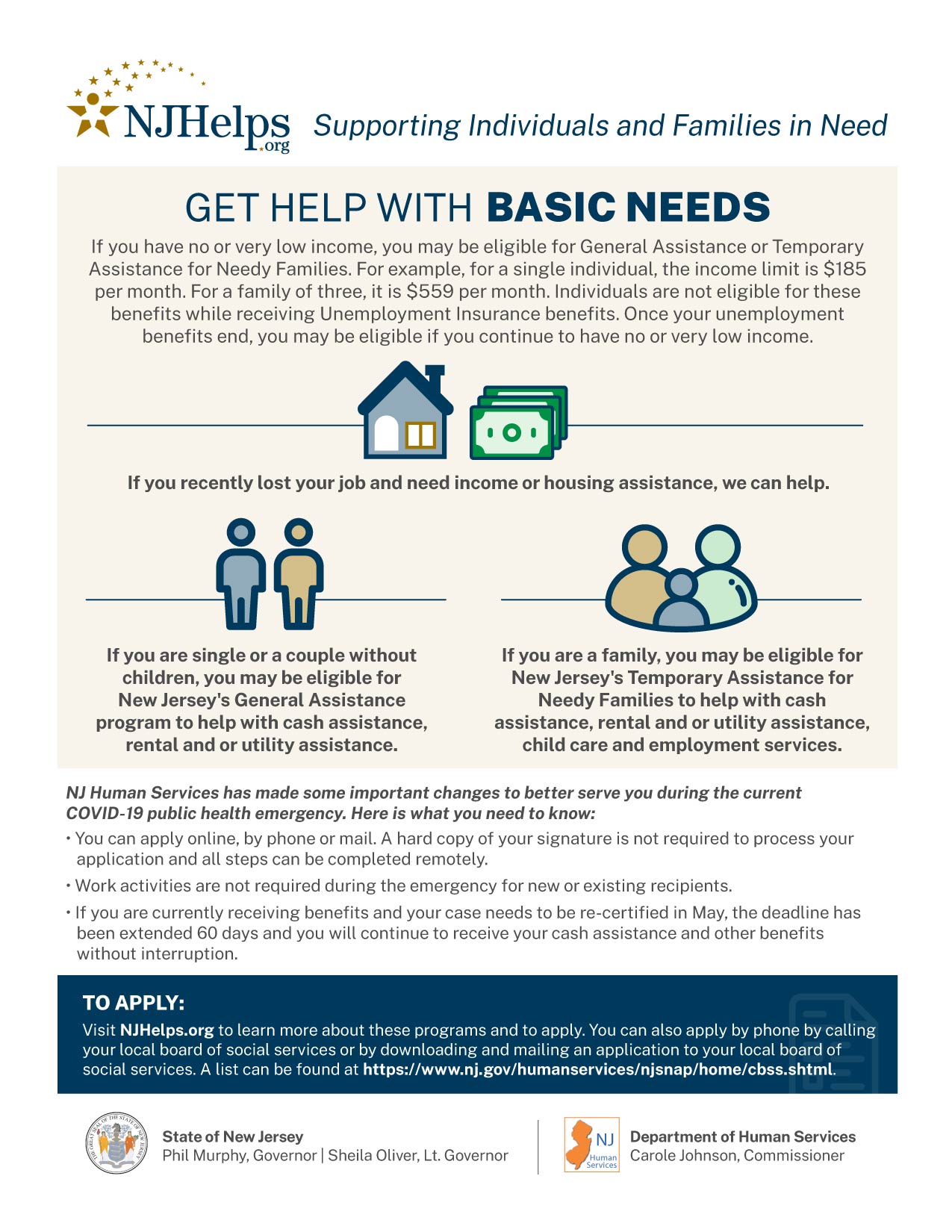This has actually often resulted in the individual replacing one dependency for anotherwhat ASAM calls the "pathological pursuit of rewards" since the underlying cause was not treated. ASAM recommends that comprehensive dependency treatment should focus on all active and potential substances and behaviors that could be addictive (who has a drug addiction problem). ASAM took care to explain that the reality that addiction is a main, chronic brain illness does not absolve addicts from taking obligation for their habits.
According to the National Institute on Substance Abuse (NIDA) drug addiction is categorized as a mental disorder since dependency alters the brain in fundamental ways, disrupting an individual's typical hierarchy of needs and desires, and replacing new priorities linked with procuring and using drugs. The resulting compulsive habits that bypass the ability to control impulses in spite of the repercussions are comparable to hallmarks of other mental disorders.
Drug reliance is associated with addiction. By contrast, the requirements for substance abuse depends upon the hazardous consequences of duplicated use but does not include the compulsive use, tolerance (i. e., requiring greater dosages to accomplish the very same impact), or withdrawal (i. e., symptoms that take place when use is stopped) that can be indications of addiction.
The high frequency of this comorbidity has been recorded in several nationwide population studies given that the 1980s. Information reveal that persons detected with mood or stress and anxiety disorders have to do with twice as most likely to suffer likewise from a substance usage disorder (abuse or reliance) compared with participants in general. The same is real for those diagnosed with an antisocial syndrome, such as antisocial personality or carry out disorder.
The Greatest Guide To How To Help A Friend With Drug Addiction
Although drug abuse and addiction can happen at any time during an individual's life, drug usage usually starts in teenage years, a duration when the first indications of mental disorder typically appear. It is for that reason not surprising that comorbid conditions can already be seen amongst youth. Significant changes in the brain occur during teenage years, which might enhance vulnerability to substance abuse and the development of dependency and other mental illness.
One of the brain locations still maturing during teenage years is the prefrontal cortex the part of the brain that enables us to evaluate scenarios, make noise choices, and keep our emotions and desires under control. The truth that this important part of an adolescent's brain is still a work in progress puts them at increased danger for bad decision making (such as trying drugs or continuing abuse).
The more we learn, the better we Take a look at the site here comprehend the abilities and vulnerabilities of teenagers, and the significance of this phase for life-long mental health. The fact that so much change is occurring underneath the surface area may be something for moms and dads to bear in mind throughout the ups and downs of teenage years.

Estimates of the total overall costs of substance abuse in the United States, consisting of productivity and health- and crime-related expenses surpass $600 billion annually. This consists of roughly $193 billion for illegal drugs, $193 billion for tobacco, and $235 billion for alcohol. As staggering as these numbers are, they do not fully describe the breadth of devastating public health and security implications of substance abuse and dependency, such as family disintegration, loss of employment, failure in school, domestic violence, and kid abuse.
Our What Is Drug Addiction Treatment Statements
It is typically erroneously presumed that drug abusers lack moral principles or willpower which they can stop utilizing drugs simply by selecting to change their behavior. In reality, drug addiction is a complex disease, and stopping takes more than excellent intentions or a strong will - how to get over drug addiction. In fact, due to the fact that drugs change the brain in manner ins which cultivate compulsive substance abuse, quitting is challenging, even for those who are ready to do so.
Treatment is offered to help people counter dependency's effective disruptive results. Similar to other persistent, relapsing diseases, such as diabetes, asthma, or cardiovascular disease, drug dependency can be handled effectively. Drug addiction is an avoidable disease. Research has actually shown that avoidance programs including households, schools, communities, and the media are reliable in lowering drug abuse.
For centuries, dependency to alcohol and drugs has been seen as a moral stopping working. The person addicted was considered as lacking in determination. But while that view is still held by some individuals, a brand-new design for understanding dependency has increased to the forefront in the scientific community. The truth is that addiction is a disease, and the research is there to support it.
This advancement has big ramifications for those who are coping with and battling versus dependency. According to DrugAbuse. gov, "Dependency is a persistent, often relapsing brain illness that causes compulsive drug seeking and usage, in spite of damaging repercussions to the addicted individual and to those around him or her." The key here is that the addicted person will continue utilizing Find out more even when they see the harm their dependency is triggering.

Everything about How To Help Someone With Drug Addiction
But addiction is identified by the. The patient will go into remission, however might have several regressions before beating the illness entirely. And like these illness, addiction too can be dealt with and handled. Many individuals who fight the disease design of addiction will make the point that Mental Health Facility the addicted person chooses to start utilizing drugs or alcohol.
Some individuals attempt drugs or alcohol and never ever get addicted. Others, nevertheless, have a biological or situational predisposition to dependency. Once they start using, the dependency takes on a life of its own and is much more difficult to control. Dependency is also thought about an illness because it can trigger modifications to the brain.
Every drug, including alcohol, interrupts the reward system in the brain. Unfortunately, long-lasting use can cause that influence the brain's ability to work. Specifically, the areas of the brain that are connected to making choices, discovering, remembering, and controlling behavior are all affected. According to a paper released by Ruben D.
Volkow (both from the National Institute on Substance Abuse), "there appear to be intimate relationships in between the circuits interrupted by abused drugs and those that underlie self-control [] the time has pertained to recognize that the procedure of dependency wears down the exact same neural scaffolds that enable self-control and appropriate choice making." With addiction deteriorating self-control, it's no surprise that it's very hard for a drug abuser to stop on their own.
Not known Details About What Does Drug Addiction Feel Like
When you find out that dependency is an illness, three facts become clear: When an individual loses their life to a drug addiction, somebody certainly says something along the lines of "they made their option." The thought goes that the addicted person made the conscious choices to continue their drug dependency and they got what was coming to them.
While there is a component of option included, making the right option is a lot harder for someone with a dependency. The huge bulk of addicted individuals are not addicted because they desire to be, but since they feel they need the compound. And oftentimes, their bodies are so based on the substance that they really do.